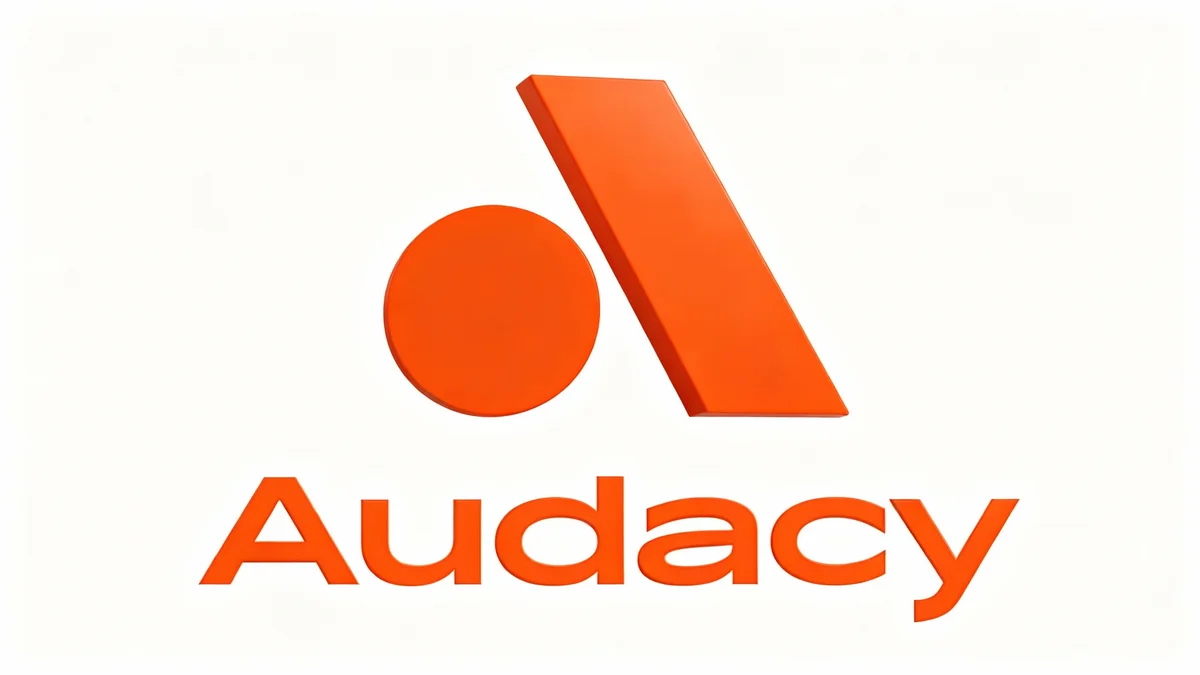A new independent nonprofit organization, Public Media Infrastructure (PMI), will oversee the distribution of public radio content across the United States. The Corporation for Public Broadcasting (CPB) announced on Friday that it has awarded PMI a significant grant of $57.9 million over five years to perform these essential services. This funding ensures the continued availability and innovation of public radio programming for audiences nationwide through 2030.
Key Takeaways
- Public Media Infrastructure (PMI) is a new nonprofit distributing public radio content.
- CPB granted PMI $57.9 million for five years, extending services through 2030.
- PMI will manage broadcast and digital distribution, data analytics, and monetization.
- The organization aims to ensure reliable and innovative content delivery, especially for rural stations.
- Founding partners include American Public Media Group, PRX, and New York Public Radio.
New Era for Public Radio Content Distribution
The establishment of Public Media Infrastructure marks a significant shift in how public radio content reaches listeners. This independent nonprofit is led by a coalition of several prominent public media entities. Their collective expertise will guide the future of content delivery for the entire public radio system.
According to Patricia Harrison, President and CEO of CPB, this decision reflects a strategic move. She emphasized the importance of trusting stations to lead the way in radio content distribution. Harrison stated that this approach will ensure that the interconnection of services is reliable, innovative, representative, and sustainable.
“By awarding this grant to PMI, CPB is placing trust in stations to drive the future of radio content distribution, ensuring that interconnection is not only reliable but also innovative, representative and sustainable,” said Patricia Harrison, president and CEO of CPB.
The CPB's commitment extends to supporting the entire public media system. This includes a particular focus on rural and community stations. The goal is to prepare the system for future technological advancements and evolving audience needs.
Grant Details
- Recipient: Public Media Infrastructure (PMI)
- Funder: Corporation for Public Broadcasting (CPB)
- Amount: $57.9 million
- Duration: Five years (through 2030)
- Purpose: Public radio content distribution and infrastructure management
Coalition of Leading Public Media Organizations
PMI’s foundation is built upon a strong partnership of respected public media organizations. These founding partners bring diverse experience and resources to the new nonprofit. They are crucial to its mission of modernizing and stabilizing public radio distribution.
The organizations that form this coalition include:
- American Public Media Group
- The National Federation of Community Broadcasters
- New York Public Radio (NYPR)
- PRX
- The Station Resource Group
These entities represent a broad spectrum of the public media landscape. Their collaboration is expected to create a robust and forward-looking distribution system. This collective effort aims to benefit all public radio stations, regardless of their size or location.
Comprehensive Services Provided by PMI
PMI's responsibilities will cover a wide range of services vital to public radio operations. These services will extend beyond traditional broadcasting to embrace modern digital platforms. The organization will focus on several key areas:
- Broadcast and Digital Content Distribution: Delivering content across multiple platforms, including traditional radio and various digital channels.
- Audience Measurement and Data Analytics: Providing insights into listener behavior and content performance.
- Sponsorship and Monetization Technology: Developing tools and strategies to help stations generate revenue.
This comprehensive approach highlights the need for public media to adapt to changing consumption habits. By focusing on both broadcast and digital, PMI aims to ensure public radio remains accessible and relevant to a diverse audience.
Background on CPB Funding
The Corporation for Public Broadcasting (CPB) is a private, nonprofit corporation created by Congress in 1967. Its mission is to ensure universal access to non-commercial high-quality programming and telecommunications services. CPB provides essential funding to public television and radio stations across the United States. This funding helps support educational, informational, and cultural content that serves the public interest.
Ensuring Stability and Innovation
Beyond content distribution, PMI will also play a critical role in maintaining core infrastructure. This includes systems that are vital for continuous and uninterrupted operations. PRX, one of the founding partners, emphasized this aspect in its press release.
PMI will be responsible for ensuring the continuity and stability of system-wide infrastructure. This involves managing satellite systems and emergency alert systems during this transition period. Such oversight is crucial to ensure stations continue to operate seamlessly, especially during critical times.
LaFontaine Oliver, President and CEO and Executive Chair of New York Public Radio, highlighted the historical importance of such infrastructure. He previously chaired the NPR Distribution and Interconnection Committee. Oliver noted the central role the Public Radio Satellite System (PRSS) has played for decades.
“As a former chair of the NPR Distribution and Interconnection Committee, I can attest to the central role the Public Radio Satellite System has played for decades,” said LaFontaine Oliver, president and CEO and executive chair of NYPR.
Oliver further stressed PMI's dedication to collaboration. He stated that PMI is committed to working with NPR and PRSS. This collaboration will ensure continued service to the public radio system. At the same time, PMI will focus on innovating and adapting to rapid technological changes. It will also address the evolving needs of stations across the country.
The Future of Public Radio
The CPB initiated this process earlier this year by issuing a request for proposals. They sought an entity to manage and govern radio broadcast and digital content distribution services for the public radio system. The selection of PMI represents a strategic outcome of this extensive search.
This initiative underscores a broader effort to modernize public media. It aims to ensure that public radio remains a vital source of information, culture, and entertainment. By investing in a dedicated, station-led organization, CPB is reinforcing the system's resilience and capacity for growth.
The new structure is expected to bring greater efficiency and innovation to public radio. It will allow stations to leverage advanced technologies for content delivery and audience engagement. This move is particularly important as media consumption habits continue to shift towards digital platforms.
Ultimately, this funding and organizational change are designed to strengthen public radio's ability to serve its communities. It ensures that high-quality, non-commercial content remains accessible to all Americans, from major metropolitan areas to the most remote rural regions.




